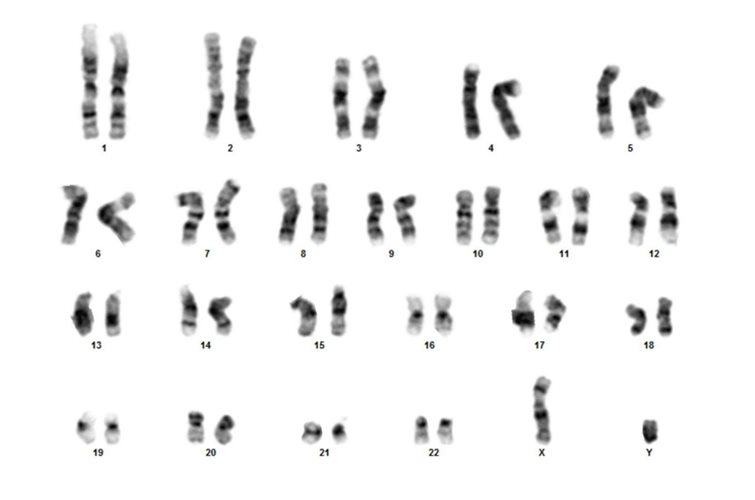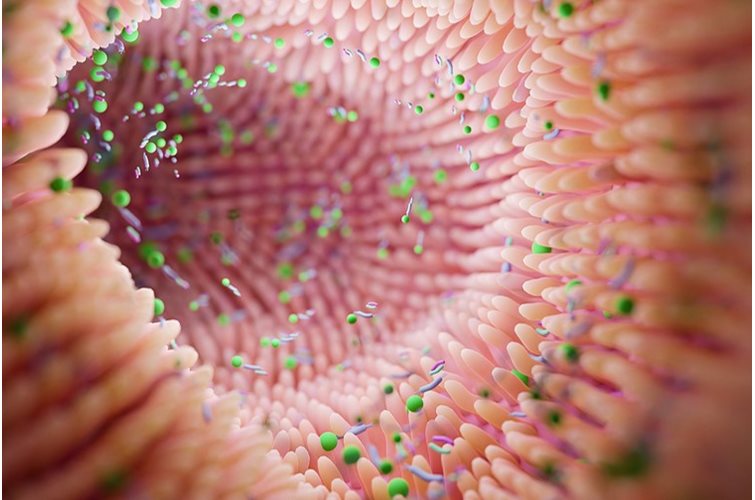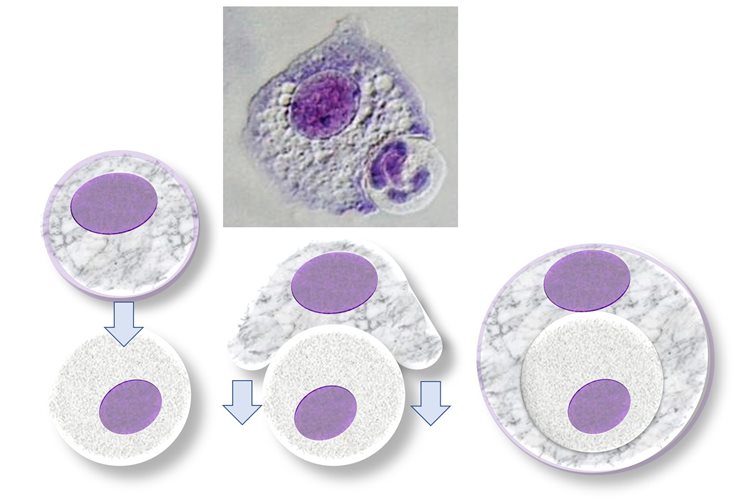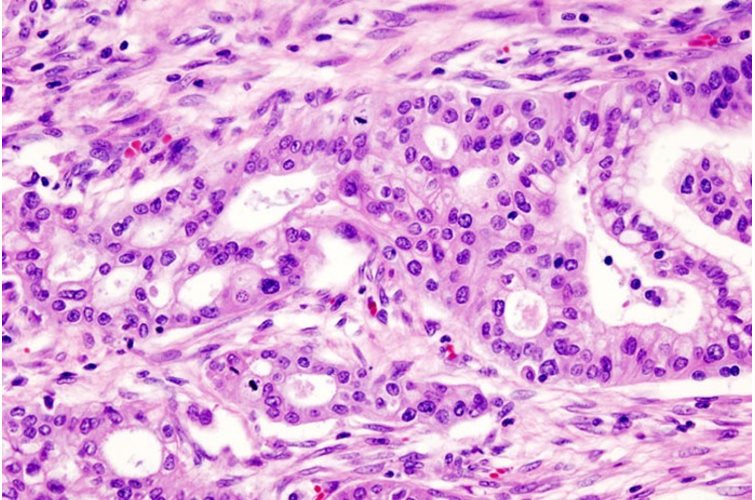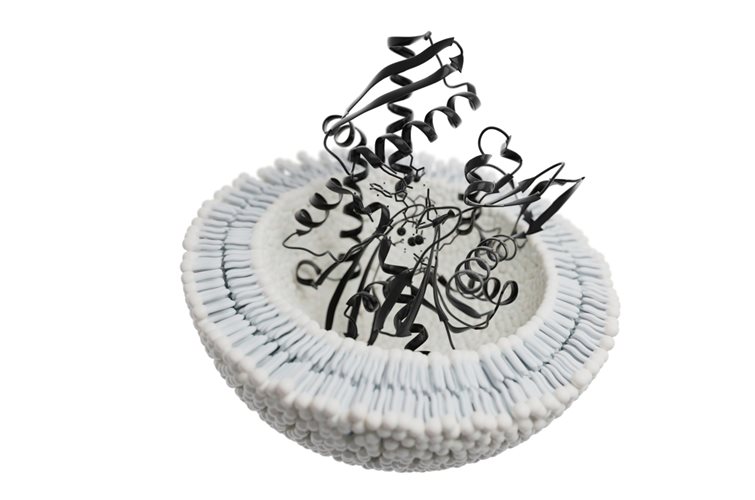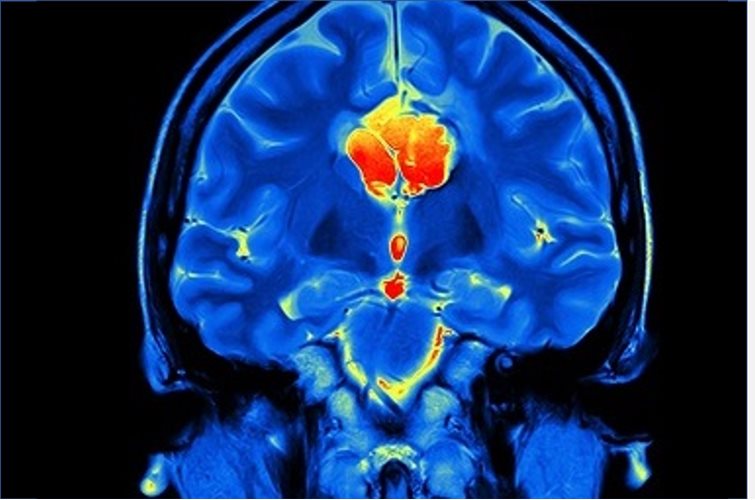Exosome-rich super foods

Anti-oxidants, omega-3, calcium and vitamins etc, have been linked to health benefits. Producers of foods containing these nutrients highlight these health-giving properties to promote sales. Might exosomes soon be added to the list? A growing understanding of the role of extracellular vesicles (EVs) points to the remarkable potential of food-derived exosomes (FDEs) as a distinct dietary component with nutritional benefits.

